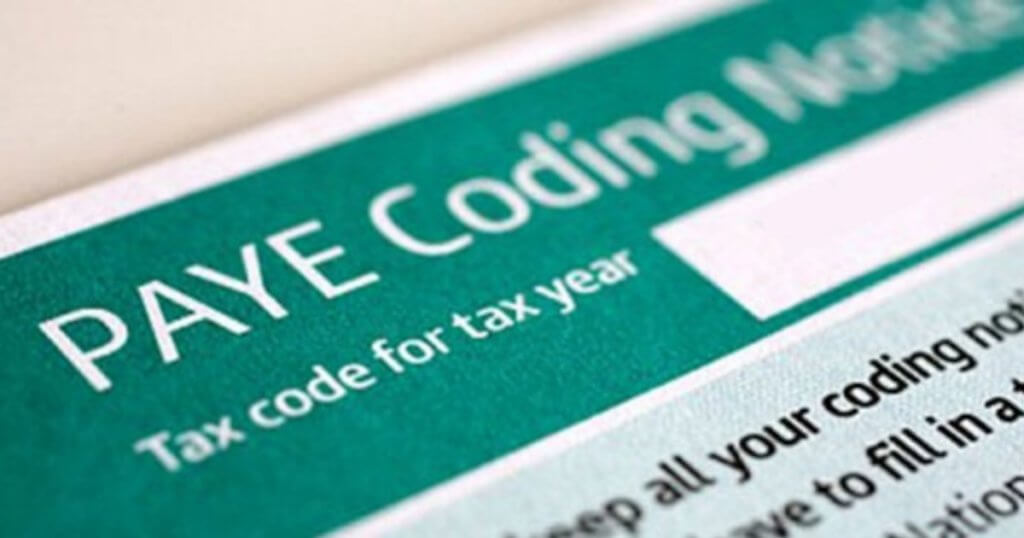Child Benefit is paid to all families with children under the age of 16 (or 20 if they are in education or training). As of January 2013, families with a higher-income have to pay an extra tax charge if they wish to continue receiving this benefit. This charge is called the High Income Child Benefit Charge (HICBC).
Who Pays a High Income Child Benefit Charge?
You have to pay this charge if either you or your partner has an income exceeding £50,000 a year. Whilst you will still receive the same amount of Child Benefit, this extra tax charge effectively reduces or cancels out the amount that you receive. For example, if your income is over £60,000, you will pay the same amount in extra tax as what you receive in Child Benefit.
High Income Child Benefit Charge does not take into account combined income. It is based on each partner’s individual income – therefore your family could be earning less than another family who are not required to pay the extra charge, where as you are liable to pay because one of you earns over £50,000.
E.g. If you earn over £50,000 and your partner earns nothing, you will have to pay the extra charge. If you both earn £49,000 each – you will not have to pay the charge.
If both partners earn over £50,000 then the partner with the highest income is liable to pay the extra tax.
How Much Is The Charge?
If your income is between £50,000 and £60,000, the extra tax is calculated as 1% of the amount of Child Benefit you get for every £100 of income you have above £50,000.
When income exceeds £60,000, the extra tax will be the same as the amount of Child Benefit you receive, effectively cancelling it out.
Can I Opt-Out of Child Benefit?
If you’re affected by the extra tax charge you can either stop getting Child Benefit or pay the additional tax at the end of each tax year. HMRC encourage those who cease their Child Benefit payments to continue to fill in the Child Benefit claim form in order to continue receiving National Insurance credits (these contribute towards your State Pension). This is particularly important to protect your State Pension if you no longer work and do not build up National Insurance credits any other way.
How to opt-out from receiving child benefit
You can opt-out from child benifit by completing the following form on the HMRC website: https://online.hmrc.gov.uk/shortforms/form/CBOptOut
Avoiding/Reducing your High Income Child Benefit Charge
There are a number of ways this extra tax charge can be avoided. It is important to remember that the assessment is based on your adjusted net income rather than your salary.
One way to reduce your adjusted net income is by making pension contributions. You could also agree a salary sacrifice with your employer, whereby you reduce your contractual income in exchange for the equivalent amount being paid into your pension. Charitable gifts and income shifting are other options to remove your High Income Child Benefit Charge liability.
Tax relief for expenses of employment should not be included when calculating your adjusted net income. For example, if you claim mileage allowance relief, whilst this reduces your taxable income, it cannot be used to reduce your adjusted net income.





When will the payment be due if I have to pay? I have never completed a tax return, so guess this means i will now need to do one as my income is now over 50k… If I opt out do I still need to do complete one?
Payment will be due on 31st Jan following the end of the tax year (ie when your self assessment is due). You will not need to complete a self assessment if you opt out. However, if your affairs are straightforward, it is better to not opt out and put the money aside each month and complete a self assessment.